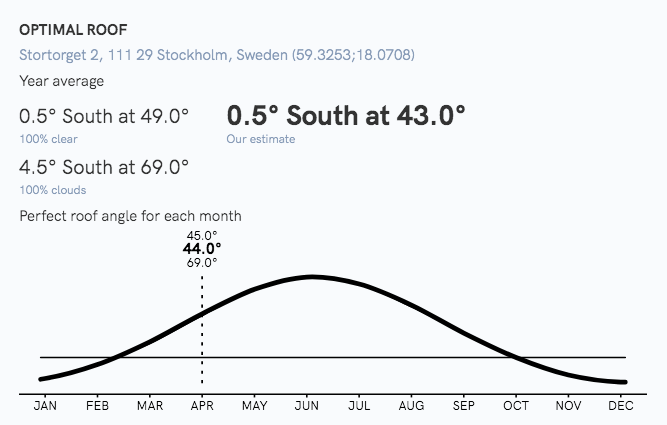What is solar panel efficiency?

Solar panel efficiency refers to the ability of a solar panel to convert sunlight into electricity. A solar panel's efficiency is typically measured as a percentage, and it indicates the amount of sunlight that is converted into electricity by the panel.
For example, a solar panel with an efficiency of 20% means that 20% of the sunlight that hits the panel is converted into electricity, while the remaining 80% is lost as heat or reflected back into the environment. In general, the higher the efficiency of a solar panel, the more electricity it will be able to generate.
The efficiency of a solar panel is determined by several factors, including the type and quality of the materials used in the panel, the design of the panel, and the amount of sunlight that the panel receives. In general, high-quality solar panels that are designed to maximize the amount of sunlight that they receive will have higher efficiency ratings than lower-quality panels.
Overall, solar panel efficiency refers to the ability of a solar panel to convert sunlight into electricity, and it is typically measured as a percentage. The efficiency of a solar panel is determined by the quality and design of the panel, as well as the amount of sunlight that it receives.